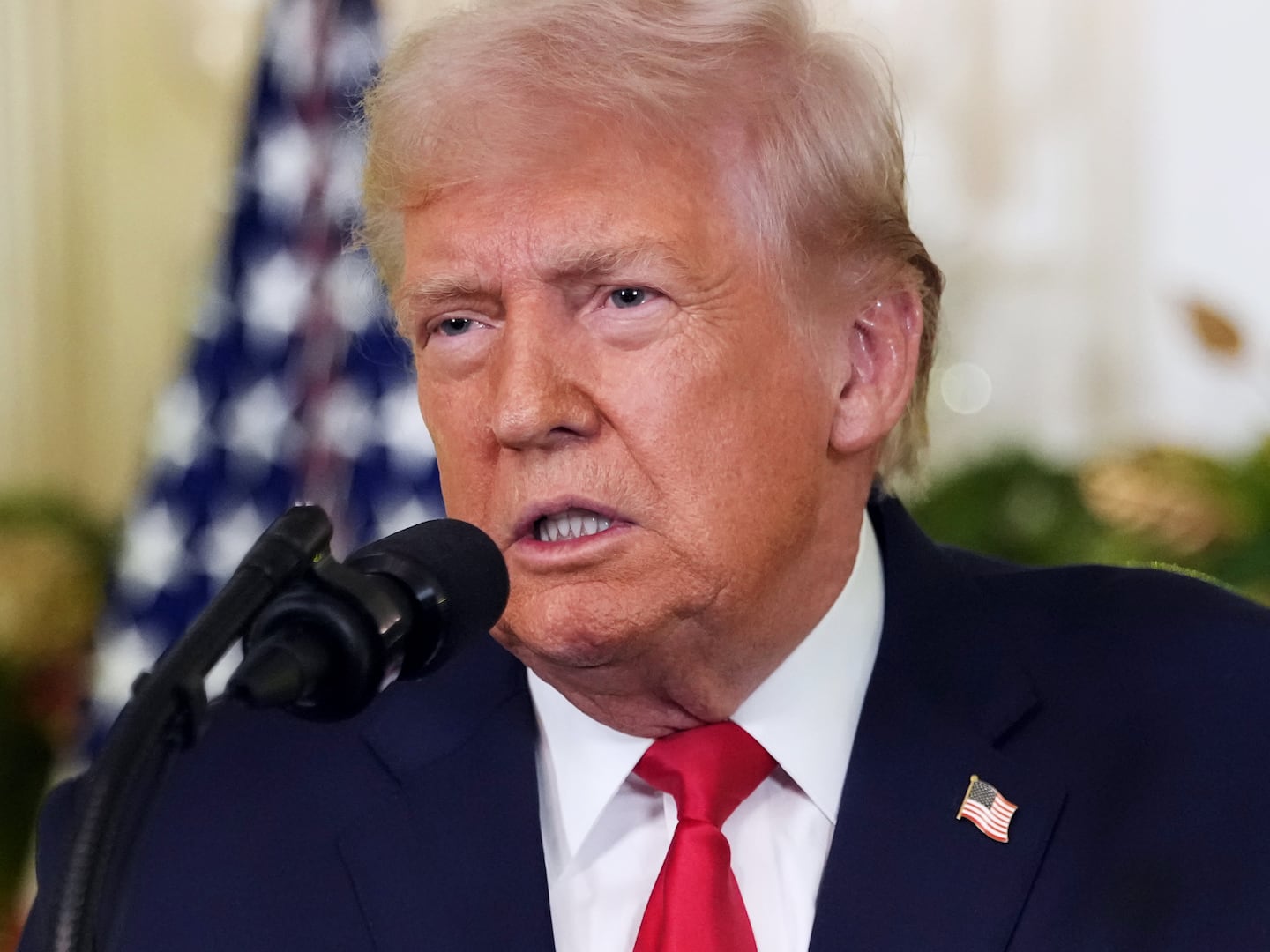I was on a panel yesterday at a conference of Economists for Peace and Security, and one of my panel mates was Ron Unz, the contrarian conservative who has had quite an interesting and varied career. His big passion these days is the minimum wage, which he has written about with some regularity. On yesterday’s panel, he spent some time on the substantive case, on which I don’t need to be sold. But he also made a very interesting political argument: that a really big increase might be more likely to pass than a more modest one, because it would potentially have a larger and more bipartisan constituency behind it.
On the surface it seems totally counterintuitive that a minimum wage increase to $12 an hour (Unz’s position) could possibly win more support than an increase to $9 an hour, which is what the White House proposes. And maybe it couldn’t. It would probably be such sticker shock to the overclass that they’d dig in their heels. And anyway all this is academic, alas, as long as Congress is filled with these pseudo-populist yahoos who wave Bibles at $25,000-a-year earners while they do the bidding of $25,000-a-day earners.
But Unz says this. An increase to $9 an hour will help only those at the very bottom of the wage scale, and those at the very bottom of the wage scale tend to be Democratic voters, because they’re more likely to be black or Latino (or maybe single white women). So naturally, only Democrats will support it.
Instead, he argues that a bigger increase will have a much greater likelihood of having a positive impact on wages up the scale. There are loads of jobs, jobs that can’t be outsourced—home health care, food services, sales, office and administrative support, non-construction laborers, and more—that he said yesterday could be positively impacted by as much as $5,000 a year, which for a $25,000-a-year job is a pretty hefty increase.
When you start to talk about this segment of the wage scale, Unz contends, you’re starting to talk about white working-class Republican voters. And that could create upward pressure on some GOP legislators to come around eventually to supporting this position.
Realistic? I think the answer is that while this would take years, yes, it is conceivable. It would certainly take years. Two years at least—at least—just to break down the wall of total and comprehensive Republican opposition to any minimum wage increase at all, before a few Republicans start tentatively staking out the position. (A key GOP voting bloc, of course, is not just the 1 percenters who’ll be against an increase, but the small business men and women who’ll say this is going to put them out of business.) It’ll also take time for this class of workers themselves to be convinced that they’ll benefit. Right now, I think most of them believe in a kind of economic, modern-day droit du seigneur in which they think what’s good for their bosses is by definition what’s good for them. That won’t be changed quickly at all.
Jason Furman, Obama’s chairman of the Council of Economic Advisors, gave the keynote at yesterday’s conference and noted in his speech that the minimum wage in the United States hasn’t changed since 1950. That’s right, 1950 (in adjusted dollars, obviously). Median wages have increased, or at least they did until the mid-1970s. And as we all know the people at the top have been having a big old party. A grand old party. But the people at the bottom, screwed. If the minimum wage had kept up with productivity gains, it would be near $20 an hour now. Even if it had merely kept up with inflation, it would be close to $12 an hour. See this excellent essay in my journal, Democracy.
I’d like to think Unz could be right about the politics. The thing is, unfortunately, that it’s hard to see more than a couple Republicans in Congress coming around on this as long as a Democrat, Obama or Hillary Clinton or anyone really, is president. The right-wing base and media will make it a litmus test issue. It could pass in a Nixon-to-China way if a Republican president got behind it, but that’s our modern Catch 22. It’s impossible. Even the GOP’s “moderate” candidate vetoed New Jersey’s minimum wage increase, a veto the voters just overrode via referendum, because it was indexed to inflation.
Unz would be more correct in a more resembling-normal political situation. That "Sam's Club Republican" theory would be able to be put into practice. But even so, it's a really interesting thought, that a bigger increase could have greater political salience. We need more politicians capable of thinking like this.





